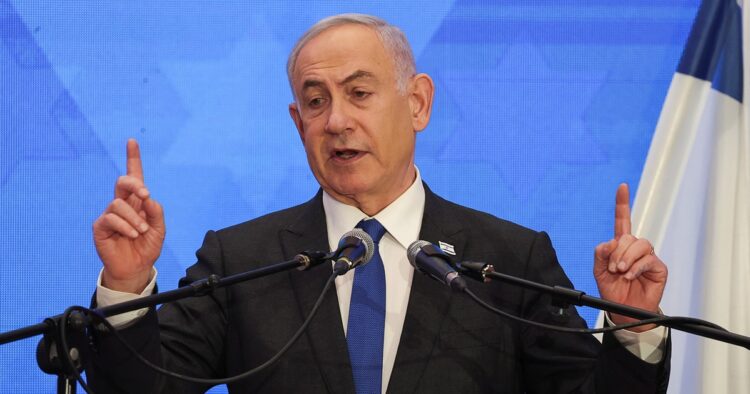In the midst of escalating tensions between Israel and Hamas, Israeli Prime Minister Benjamin Netanyahu has reaffirmed his commitment to a ground operation in Rafah, despite international pressure. According to reports from the Times of Israel, Netanyahu made it clear during a session with the Foreign Affairs and Defense Committee that the Israel Defence Forces (IDF) will proceed with the operation, even after discussions with US President Joe Biden.
Netanyahu emphasized the disagreement with the United States regarding the necessity of entering Rafah, a region adjacent to the Egyptian border in Gaza’s southernmost tip. While both nations agree on the need to eliminate Hamas, Netanyahu stressed that the ground operation is crucial for achieving this goal. He stated that there is no alternative to destroying the remaining Hamas battalions in Rafah.
During a phone call with Netanyahu, President Biden expressed reservations about supporting a major Israeli ground offensive in Rafah. US National Security Adviser Jake Sullivan warned against such an operation, citing concerns about civilian casualties, humanitarian crises, and further isolation of Israel on the international stage.
Despite the differences in approach, Netanyahu revealed that he and President Biden agreed on a mechanism for the US to provide input on humanitarian aid and civilian evacuation efforts, which Israel also considers important. However, Netanyahu reiterated the necessity of military action to eliminate Hamas, emphasizing the potential threats posed by the group and its allies in the region.
In response to Biden’s concerns, the White House announced that the two leaders had agreed to explore alternative approaches to address the situation in Rafah. Biden proposed a senior Israeli delegation comprising military, intelligence, and humanitarian officials to discuss options for targeting Hamas and securing the Egypt-Gaza border without a large-scale ground invasion.
The White House readout of the call highlighted Biden’s warning against the operation in Rafah, where over a million Palestinians have sought refuge amid the conflict. Both leaders agreed to convene their respective teams in Washington to exchange ideas and explore alternative strategies to address the crisis, signaling a diplomatic effort to find a solution that balances security concerns with humanitarian needs.

















Comments